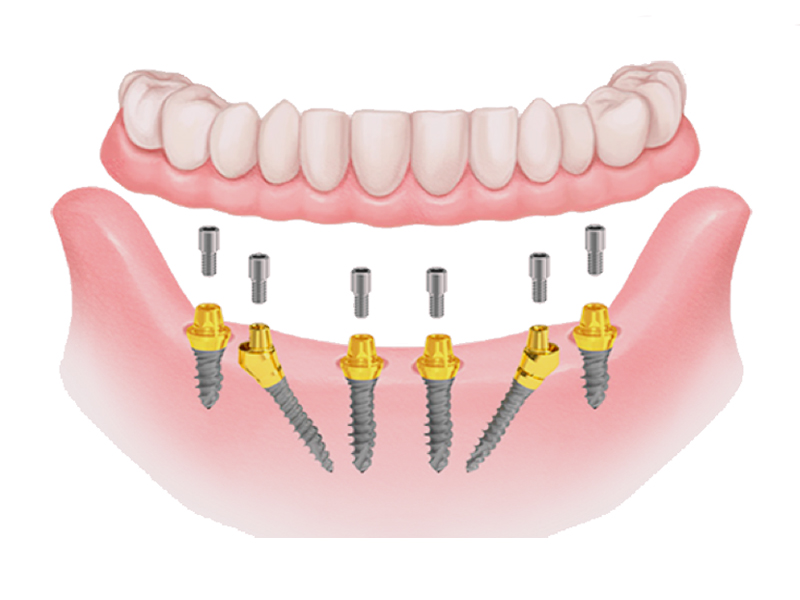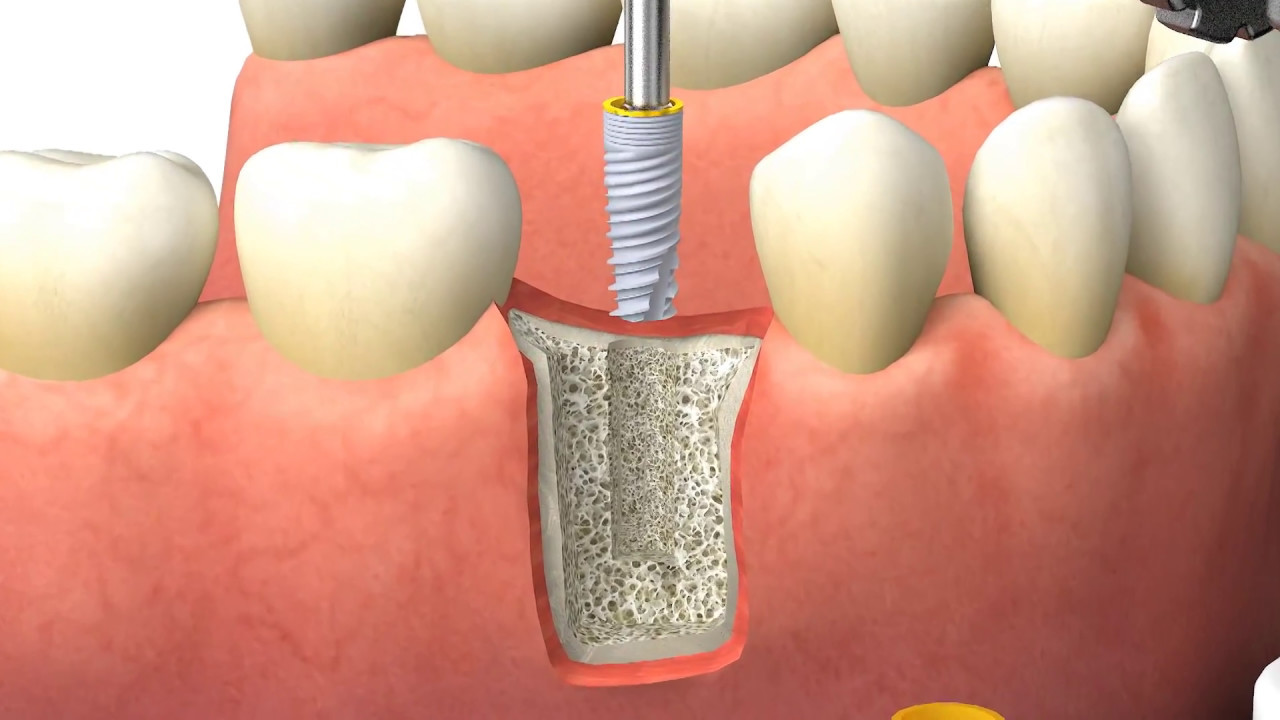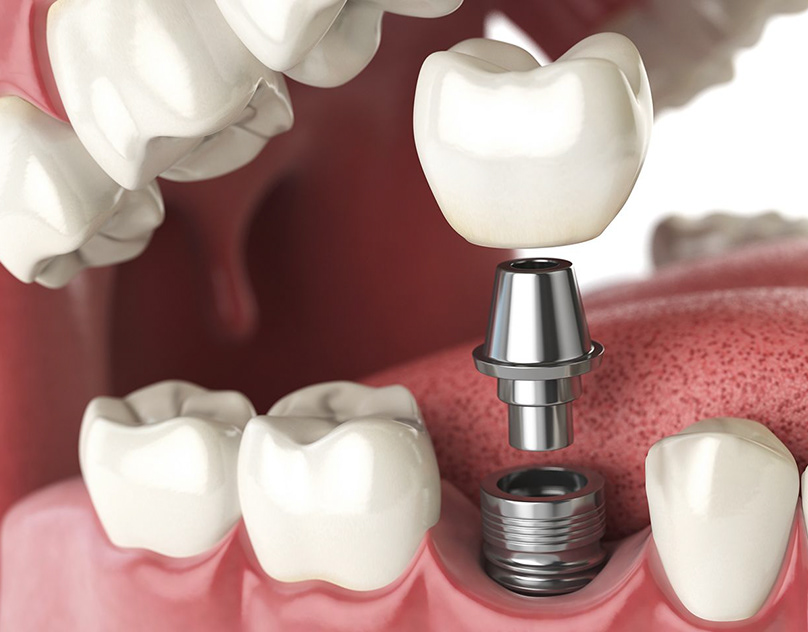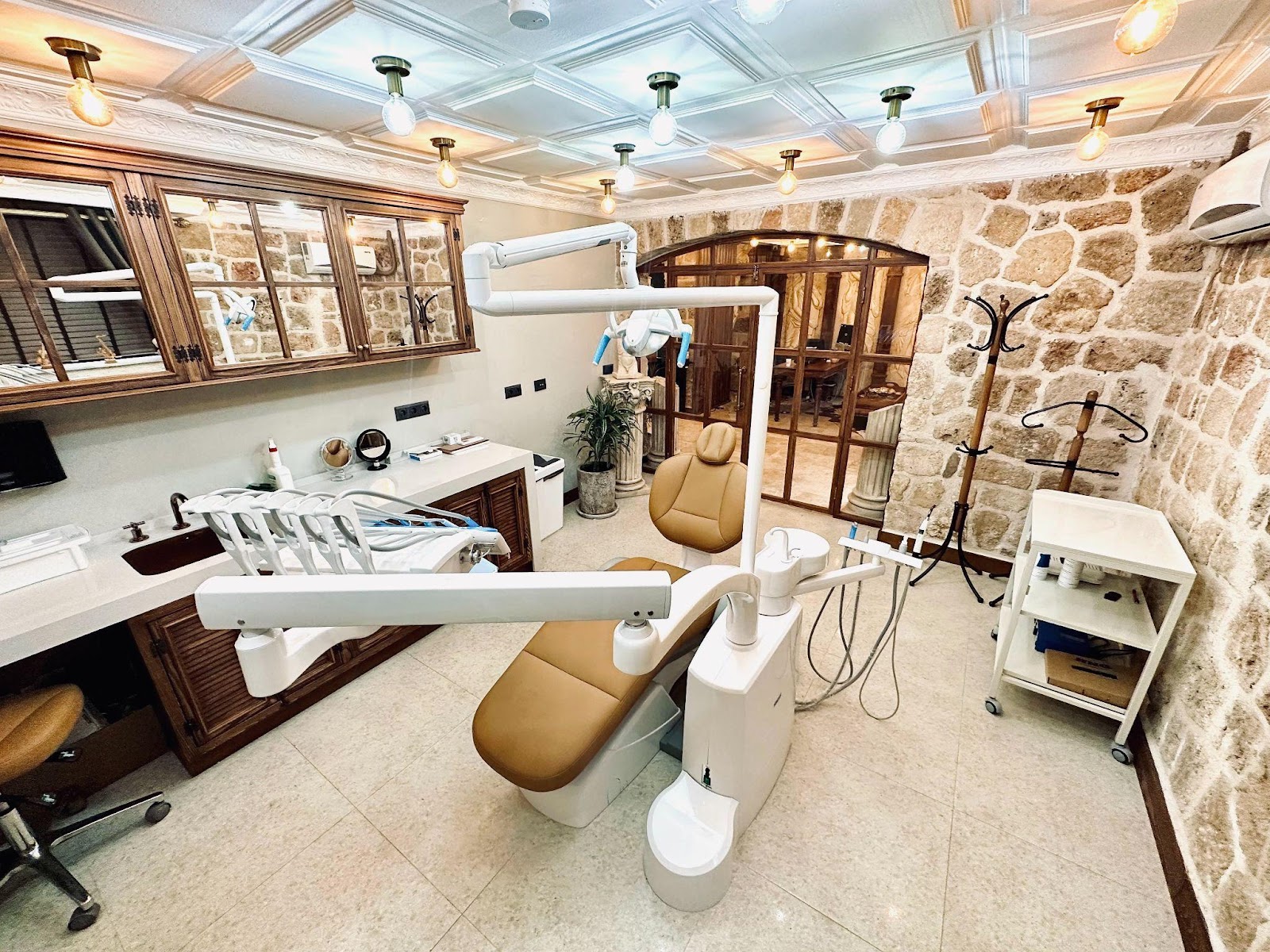
Can I have all my teeth removed and replaced with implants? This question often arises for those with severe dental problems and/or tooth loss. The idea of complete mouth restoration may sound challenging, as dental implants provide a permanent and natural-looking solution, they are widely preferred. If you're considering this life-changing procedure, it's necessary to understand what the procedure is and how it could benefit you. Read on to discover the process, the possibility of a full-mouth restoration with dental implants, costs, and all the other things you need to know to make an informed decision!
Understanding Full Mouth Dental Implants
So, there are different options for replacing teeth. Which techniques to use depends on your individual needs, preferences and surgeon’s skill.
-
All on 4-6-8 Dental Implants: This method involves strategically placing 4, 6, or 8 dental implants in the jaw to support a complete arch of dental crowns. For instance, for all on four dental implants, generally, the surgeon places two at the front and two at the back to provide stable support. Thanks to this approach, the stability is maximized while minimizing the number of implants needed. The exact number of implants to perform depends on several factors including your bone density and quality.

-
Individual Implant Placement: In some cases, a single tooth implant may be used for replacing missing teeth. However, this method is not common due to its complexity and high cost. It requires more implants and longer treatment and recovery times than all on 4-6-8 methods. So, it is both financially and logistically demanding. Most of the time, surgeons and patients find it more suitable to select all on 4-6-8 methods to achieve full mouth dental implants.
What Does the Procedure Involve?
The All-on-4, All-on-6, and All-on-8 procedures involve a few steps for replacing missing teeth and restoring a full arch of teeth with 4,6 or 8 implants:
Consultation and Planning: The dentist conducts a thorough examination, including X-rays or 3D scans, to check the status of the jawbone and plan the optimal placement of the implants.
Preparing Step: Any remaining teeth are carefully extracted to make way for the implants. If there are any infections, it is also addressed during this step. This step is necessary for ensuring a healthy environment to place the implant.
Implant Placement: Depending on the chosen approach, a specific number of implants are strategically placed in the jaw. Generally, the implants at the front are placed vertically, while those at the back are angled to maximize stability. Your dentist will inform you about the placement during the consultation.

Temporary Prosthesis: A temporary set of teeth is attached to the implants after placement so that you can maintain oral function and aesthetics while waiting for your implants to integrate with your jawbone.
Integration Step: Over the next few months (generally 3 months) the implants fuse with the jawbone in a process called osseointegration, which is necessary for long-term stability. The dental implant healing stages are quite important for the success of the procedure, as they allow the implants to securely fuse with the jawbone. During the dental implant healing stages, patients can expect gradual recovery and eventual stability, leading to a strong foundation for the final crown replacement on top of the tooth implant. Proper care and avoiding excessive force on your teeth during this time are crucial to ensure long-term success and functionality. Please follow your dentist’s instructions very carefully.
Dental Crown Attachment: After the integration of implants, the dentist takes the impression of your teeth and sends them to the laboratory for crafting custom-made dental crowns. And then these custom-made permanent sets of teeth that are designed to look, feel, and function like natural teeth are placed carefully on top of the implants. After the final check-up with your dentist to ensure everything is fine, you now have a perfect new set of teeth!

Replacing All Teeth with Implants Cost
Replacing all teeth with implants cost can vary depending on different factors such as the number of implants required, the type of dental crown chosen, the clinic's location and reputation. Although full mouth implants have several benefits, the associated costs are a major concern for many people. Especially in countries like the United States or the UK, the expense of full-mouth dental implants is very high, often reaching up to 35.000 dollars per arch. This high cost can discourage people from pursuing this life-changing treatment, leading them to seek more affordable options abroad.
This is where Turkey emerges as a top destination for dental tourism! Known for its world-class, high-tech healthcare facilities and highly trained dental professionals, the country offers high-quality dental treatments at a fraction of the cost compared to Western countries. The affordability of dental implant procedures in Turkey does not compromise the quality of care. The affordability primarily comes from different currency rates and high competition between numerous clinics. Clinics like Smile Center have gained international recognition for their expertise in performing dental implants in Turkey with remarkable success rates. If you would like to learn more about the procedure, and all-included packages and require a free online consultation and quote, please do not hesitate to get in contact with Smile Center’s medical experts now! You can also explore more about the dental implant before and after photos of the former patients!

Smile Center Clinic in Antalya, Turkey
REFERENCES:
-
Soyfer, Vladimir. (2023). Review Article on the All-On-Four Treatment Concept in Dental Implants. Archives of Surgery and Clinical Research. 7. 019-023. 10.29328/journal.ascr.1001070.
-
Truhlar, Richard & Morris, Harold & Ochi, Shigeru & Winkler, Sheldon & Group, Dental. (1994). Bone quality in patients receiving endosseous dental implants: DICRG interim report no. 1. Implant Dentistry. 3. 10.1097/00008505-199412000-00008.


